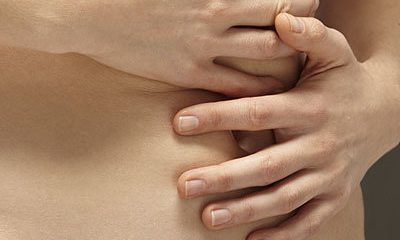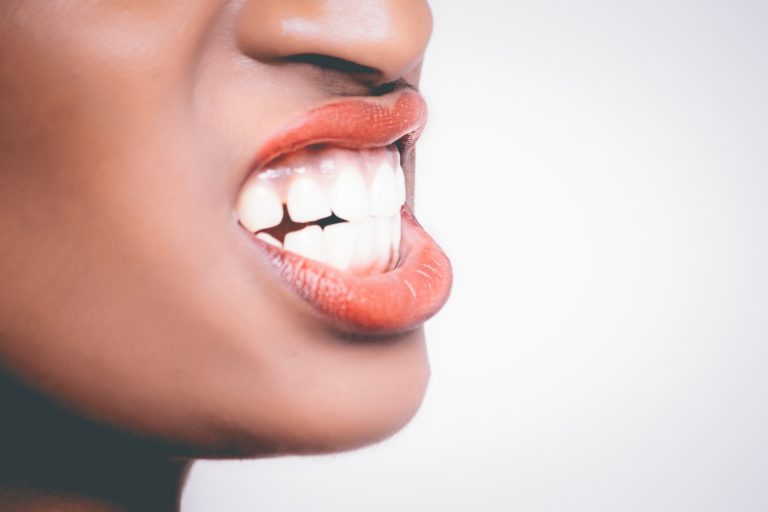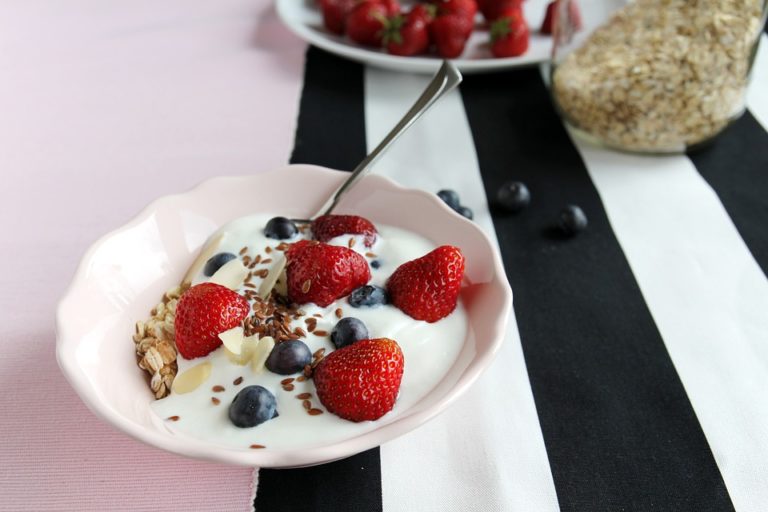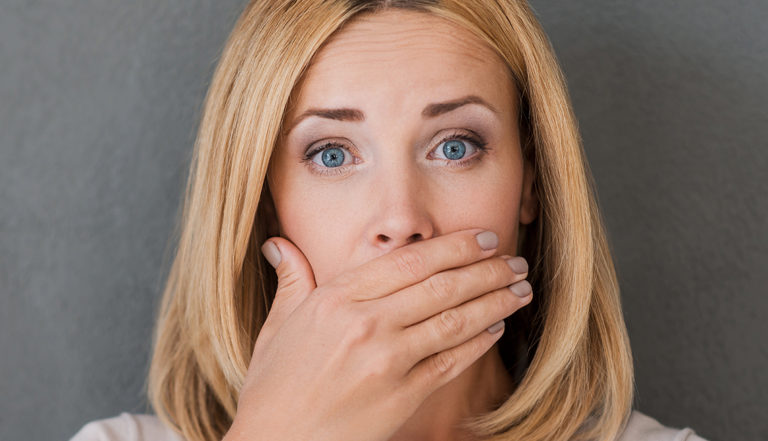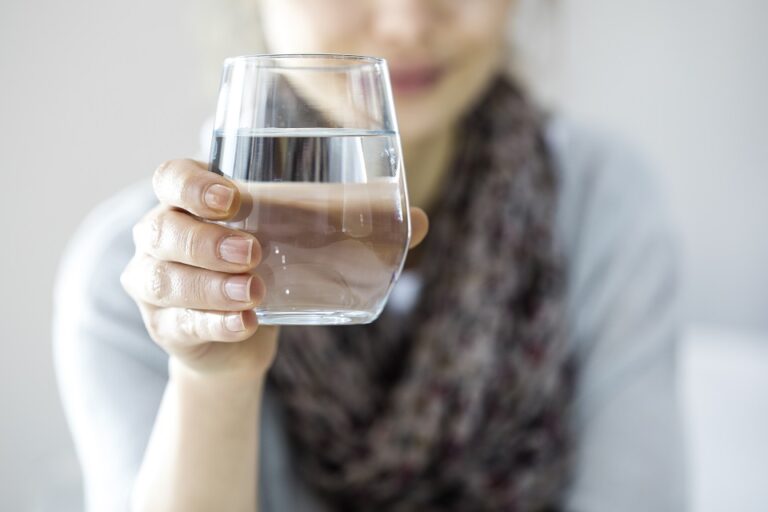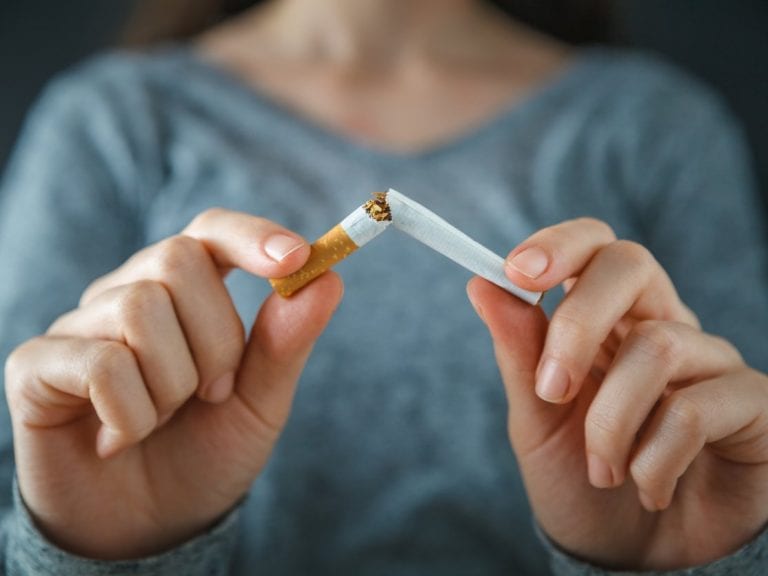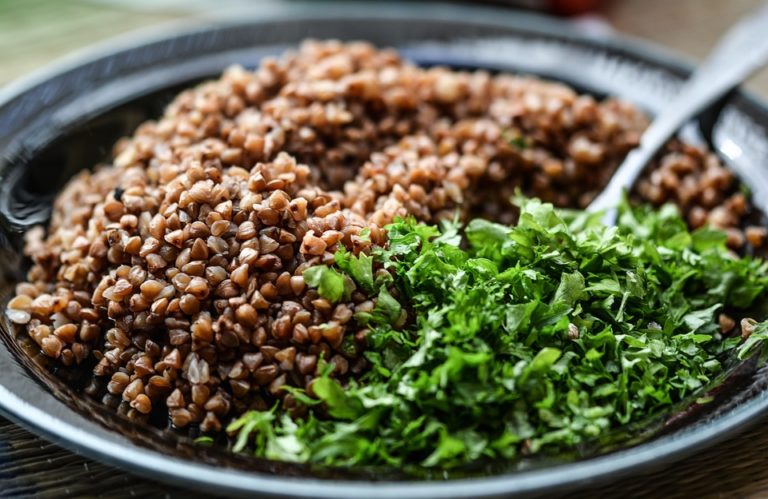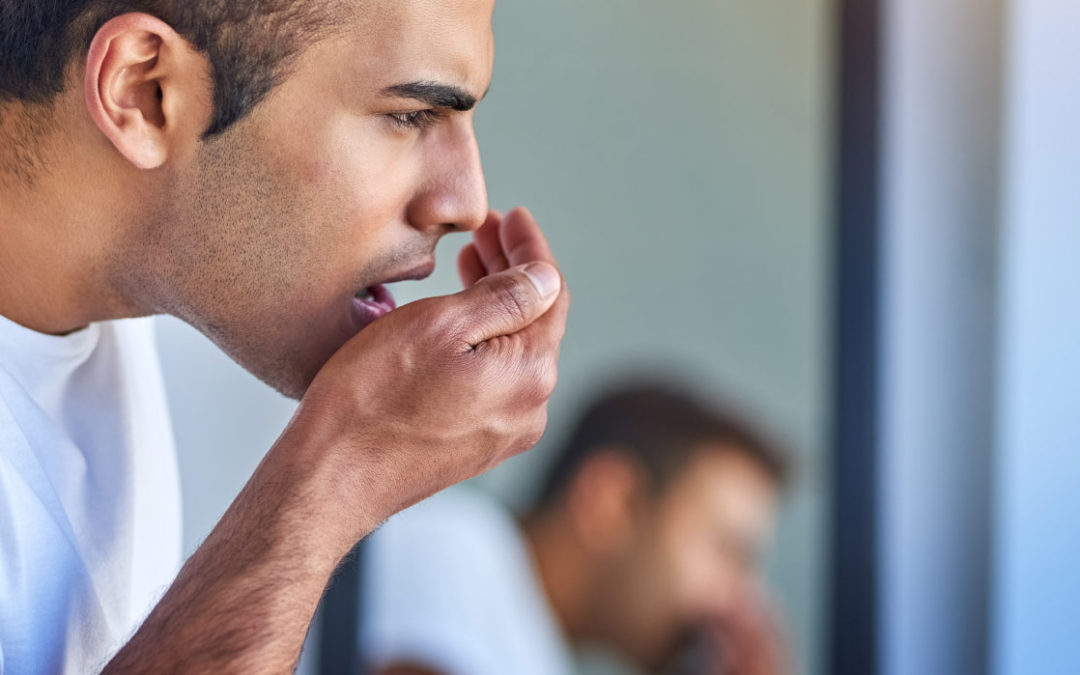
Everyone worries about bad breath from time to time, especially after a garlicky meal or a cup of coffee. In fact, approximately one-third of people say bad breath is sometimes a problem. It’s also one of the top reasons people go to a dentist.
Coffee, alcohol, onions, and garlic can all cause bad breath, as can low-carb diets like Paleo and Atkins. Yet experts agree that the number one reason people suffer from chronic bad breath—also known as halitosis—is poor oral hygiene. Millions of bacteria live below the gumline and on the back of the tongue.
If teeth are not regularly and properly cleaned, bacteria will eat off the proteins and food particles in the mouth and release gases known as volatile sulfur compounds. The result? Cavities, periodontal (gum) disease and bad breath odor, said Dr. Steven G. Goldberg.
When bad breath is persistent, experts say it’s likely a symptom of a more serious health problem. About 10 percent of people with bad breath may have an illness—like an infection, pneumonia or bronchitis—due to a problem with the nasal cavity, sinuses, throat or tonsils. Some may have gastroesophageal reflux disease (GERD), diabetes, or liver or kidney conditions.
An overgrowth of yeast in the mouth, known as oral candidiasis or thrush, can also be a source of bad breath. It is usually treated with antifungal medicine.
Here are some easy ways to give bad breath the brush off!
Rinse with baking soda
Baking soda (aka sodium bicarbonate) is a natural breath freshener that neutralizes acidity and kills off odor-causing bacteria. Add ½ a teaspoon to water and swish for 30 seconds.
Sleep better
Snoring or sleeping with an open mouth decreases salvia production and increases stinkiness. If you’re a back sleeper, try switching to your side or stomach. Severe morning breath can also be a sign of sleep apnea, so you may want to check with your doctor. If you use a mouth guard or other dental devices at night, clean them regularly.
Try aloe vera juice
Aloe vera may be best known as a sunburn treatment, but it’s also an anti-bacterial that combats dental plaque and stimulates salvia production. Rinse morning and night with aloe vera juice, though do not swallow as it can act as a laxative.
Stay hydrated
If you’re not drinking enough water, your salivary flow decreases, which can cause breath to be more concentrated. Always carry some water with you and be sure to drink throughout the day.
Pour a glass of wine
A study in the Journal of Agricultural and Food Chemistry found that drinking red wine in moderation can inhibit the growth of bacteria. Remember to swish with water afterwards to prevent staining.
Sip tea
Swap out your afternoon coffee for a cup of green or black tea instead. Both contain polyphenols, which prevent the growth of bacteria.




